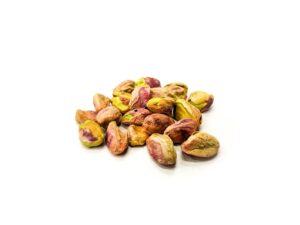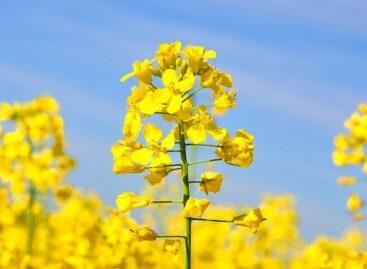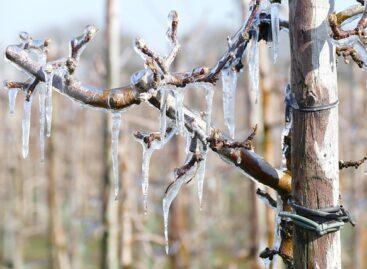Domestic seed breeders: a stable position despite the challenges
The position of Hungarian seed breeders remains strong, even in the midst of climatic challenges. Domestically produced vegetable varieties have to face serious challenges, not only with a slight increase in the average temperature, but also with extremely long and hot days, as well as uneven rainfall distribution. Vegetables grown outdoors often have to endure twenty or thirty such warm days. This is a serious challenge for breeders, as they have to produce varieties that are able to withstand these climatic stress effects.

(Photo: Pixabay)
With climate change, more and more diseases are spreading, against which vegetable varieties must also become more resistant. Róbert Laczkó, CEO of the Kecskemét Vegetable Growing Research Institute (ZKI), which looks back on more than eighty years of history, emphasized that the institute is constantly developing new, resistant varieties in response to climatic challenges. “Although not in every variety circle and every year, the release of varieties is relatively fast, not only at ZKI, but also at other breeding companies,” he added.
Closed cultivation systems and continuous irrigation
Vegetable cultivation is increasingly being moved to closed cultivation systems, such as greenhouses and foils. However, vegetables require continuous irrigation and water supply, which remains a big challenge. The new varieties have more disease resistance, which significantly facilitates the work of producers and reduces the number of plant protection interventions. “This is also beneficial for us, the consumers, since it does not matter whether plant protection tasks have to be carried out ten times during a production cycle, or only three times in the case of a tolerant variety,” said Róbert Laczkó.
Why choose domestic and metal-sealed seeds?
The seed market is globally dominated by large international companies, but Hungary can be proud of its own breeding results. Hungarian breeding houses offer many competitive and profitable varieties. “If these varieties are competitive and bring adequate profit to the producers, then let’s choose the Hungarian,” suggested Laczkó. Metal sealed seeds go through a strict inspection process before they reach the growers. ZKI has its own seed laboratory, which ensures that only seeds that meet the quality standard are marketed. On the other hand, non-metal-sealed seeds can pose a risk, so it is important for producers to choose legally marketed metal-sealed seeds in order to achieve a guaranteed average yield and set market goals.
novenyvedoszer.hu
Related news
ENAR data reconciliation for cattle, sheep and goat, pig and poultry farmers is underway until the end of March
🎧 Hallgasd a cikket: Lejátszás Szünet Folytatás Leállítás Nyelv: Auto…
Read more >AM: Ministry of Agriculture pays special attention to supporting the horticultural sector
🎧 Hallgasd a cikket: Lejátszás Szünet Folytatás Leállítás Nyelv: Auto…
Read more >Related news
The Store of the Future opens again at the SIRHA Budapest exhibition! (Part 1)
🎧 Hallgasd a cikket: Lejátszás Szünet Folytatás Leállítás Nyelv: Auto…
Read more >The impact of the forint exchange rate on GDP growth
🎧 Hallgasd a cikket: Lejátszás Szünet Folytatás Leállítás Nyelv: Auto…
Read more >








